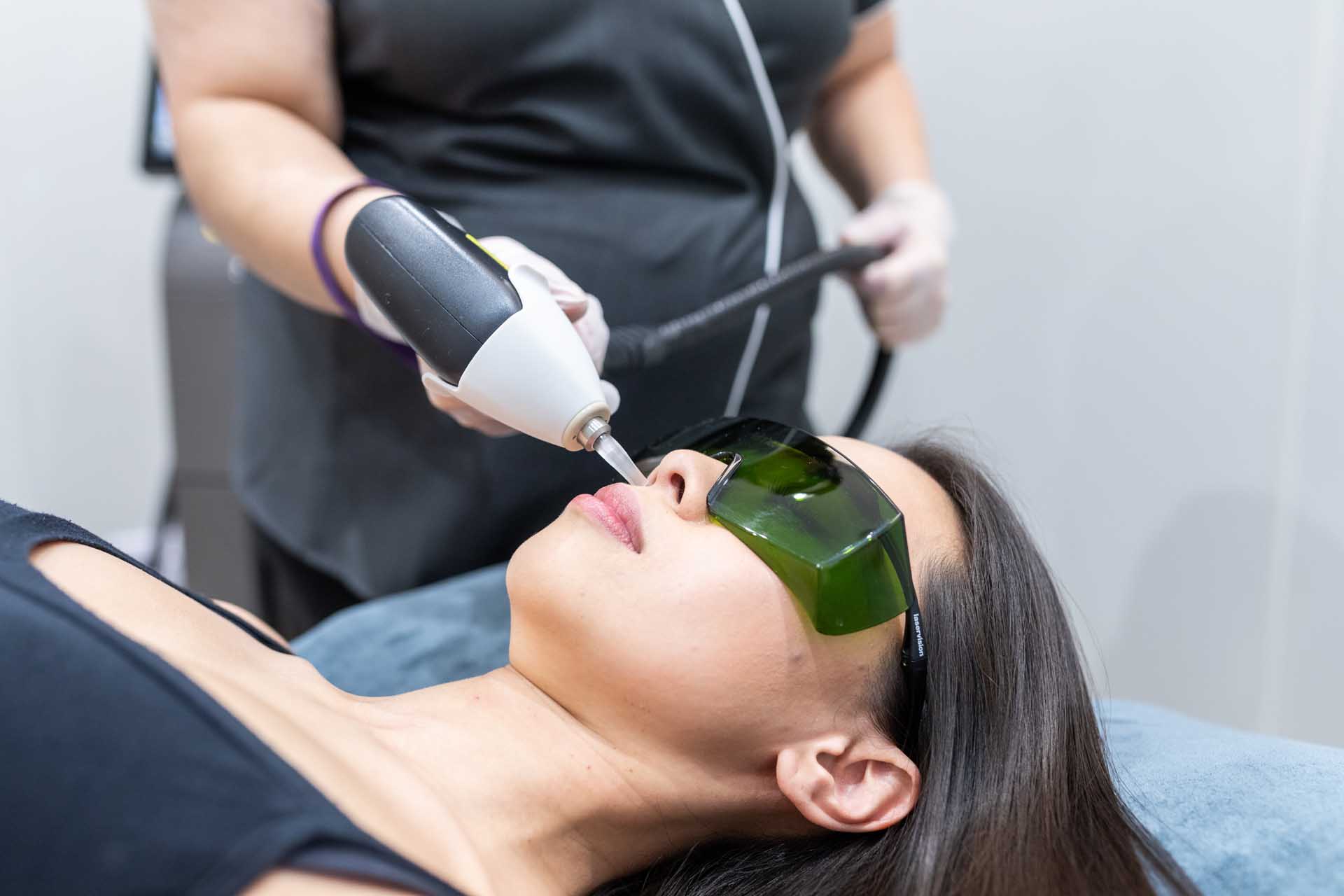
Hormone Replacement Therapy (HRT) has a rich and complex history, with many myths and uncertainties surrounding its use. Here’s an overview of the history, common myths, and some of the mysteries associated with HRT:
History of HRT:
-
Early Uses (1900s):
-
- The concept of hormone replacement began in the early 20th century when scientists first identified and extracted hormones. The use of hormones for therapeutic purposes was pioneered by researchers like George Beatson and Thomas Addison.
-
1950s – 1960s:
-
- The modern era of HRT began in the 1950s with the development of synthetic hormones. Premarin (a combination of conjugated estrogens derived from horse urine) was introduced in the 1950s and became a popular treatment for menopausal symptoms.
-
1970s – 1980s:
-
- HRT gained popularity as a treatment for menopausal symptoms and osteoporosis. During this period, it was believed to offer a range of health benefits, including reducing the risk of heart disease and improving bone density.
-
1990s – Early 2000s:
-
- The Women’s Health Initiative (WHI) study, launched in the 1990s, significantly impacted the perception of HRT. The study found that long-term use of combined HRT (estrogen and progestin) was associated with increased risks of breast cancer, heart disease, and stroke, leading to a decline in HRT use.
-
2000s – Present:
-
- Following the WHI study, there was a shift towards more individualized approaches to HRT. Research has continued to evolve, focusing on the risks and benefits of HRT, different formulations, and personalized treatment plans.
Common Myths About HRT:
-
HRT Causes Cancer:
-
- Myth: HRT is widely believed to cause breast cancer.
- Reality: The risk of breast cancer is associated with long-term use of combined HRT (estrogen and progestin). However, estrogen-only HRT does not have the same level of risk. The increased risk is generally modest, and individual risk factors (family history, genetics) play a significant role.
-
HRT is Only for Severe Symptoms:
-
- Myth: HRT is only for women with severe menopausal symptoms.
- Reality: HRT can be prescribed for both severe and moderate symptoms. The decision to use HRT depends on individual symptom severity, health risks, and personal preferences.
-
HRT is a One-Size-Fits-All Solution:
-
- Myth: HRT is a uniform treatment with the same effects for everyone.
- Reality: HRT can be tailored to individual needs. There are various formulations and routes of administration (pills, patches, gels, etc.), and treatment plans are personalized based on symptoms, health risks, and preferences.
-
HRT Will Lead to Weight Gain:
-
- Myth: HRT causes significant weight gain.
- Reality: Weight gain during menopause is more related to aging and lifestyle factors than to HRT. Some women may experience minor weight changes, but HRT itself is not a major cause of weight gain.
-
HRT Causes Cognitive Decline:
-
- Myth: HRT leads to cognitive decline or dementia.
- Reality: Research on HRT and cognitive function has produced mixed results. Some studies suggest that starting HRT near the onset of menopause may have protective effects on cognitive health, while others do not show a significant benefit.
Mysteries and Ongoing Questions:
-
Individual Variation:
-
- There is significant individual variability in how women respond to HRT. Factors like age, genetic predisposition, lifestyle, and overall health contribute to differing experiences with the therapy.
-
Timing and Duration:
-
- The optimal timing and duration of HRT remain subjects of debate. Some research suggests that starting HRT early in menopause may offer benefits and fewer risks, while starting later may increase risks.
-
Bioidentical Hormones vs. Synthetic Hormones:
-
- Bioidentical hormones are chemically identical to those the body produces, while synthetic hormones are not. There is ongoing debate and research regarding the safety and efficacy of bioidentical hormones compared to traditional synthetic options.
-
Long-Term Effects:
-
- The long-term effects of HRT, particularly beyond a decade of use, are not fully understood. Research continues to explore the balance between benefits and risks over extended periods.
-
Alternative Therapies:
-
- There is interest in non-hormonal treatments and lifestyle interventions for managing menopausal symptoms. These include dietary changes, herbal supplements, and mindfulness practices. The effectiveness and safety of these alternatives continue to be studied.
Summary:
HRT has a complex history marked by both optimism and caution. While it offers relief from menopausal symptoms for many women, its use must be carefully considered based on individual risk factors and health goals. Myths about HRT often stem from misunderstandings or outdated information, while ongoing research aims to clarify its benefits and risks. Consulting with a healthcare provider can help navigate the options and determine the best approach for managing menopausal symptoms.
Liberty Health’s Midlife Metabolic Check is a tailored health assessment designed to evaluate and manage metabolic health during midlife. This comprehensive check typically includes:
- Blood Tests: To measure critical indicators like cholesterol levels, blood glucose, and other metabolic markers.
- Body Composition Analysis: Assessing fat distribution, muscle mass, and overall weight to evaluate risk factors such as obesity.
- Blood Pressure Monitoring: Checking for hypertension and related risks.
- Lifestyle Review: Analyzing dietary habits, physical activity, and other lifestyle factors impacting metabolic health.
- Personalized Recommendations: Based on assessment results, tailored advice on diet, exercise, and potential treatments to optimize health and prevent chronic conditions.
The aim is to provide a thorough understanding of your metabolic health and offer actionable strategies to enhance well-being and prevent future health issues.


Liberty Health
Address: Solo House, London Rd, Horsham RH12 1AT, United Kingdom
Email: admin@libertyhealthclinics.com
Website: www.libertyhealthclinics.com
Follow us:
https://www.instagram.com/liberty_health_clinics/
https://www.facebook.com/menopauseclinics
https://www.linkedin.com/company/69755567/admin/feed/posts/
Google Map: https://maps.app.goo.gl/eNWzGKMhCm3Dt5vE7













